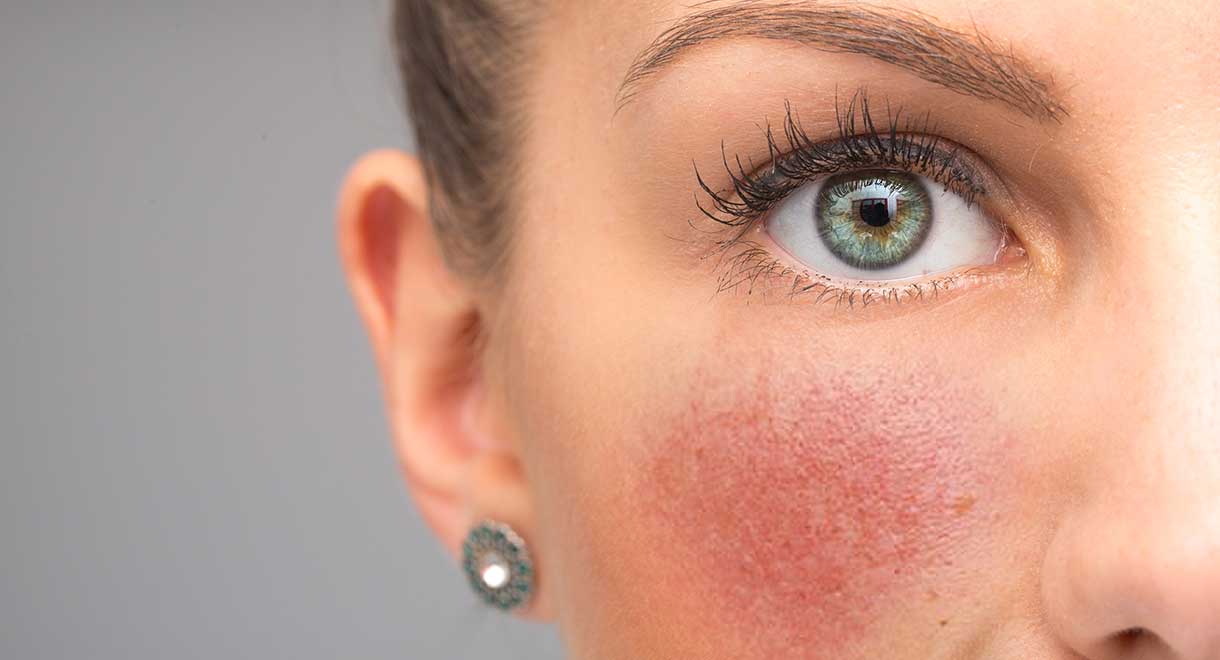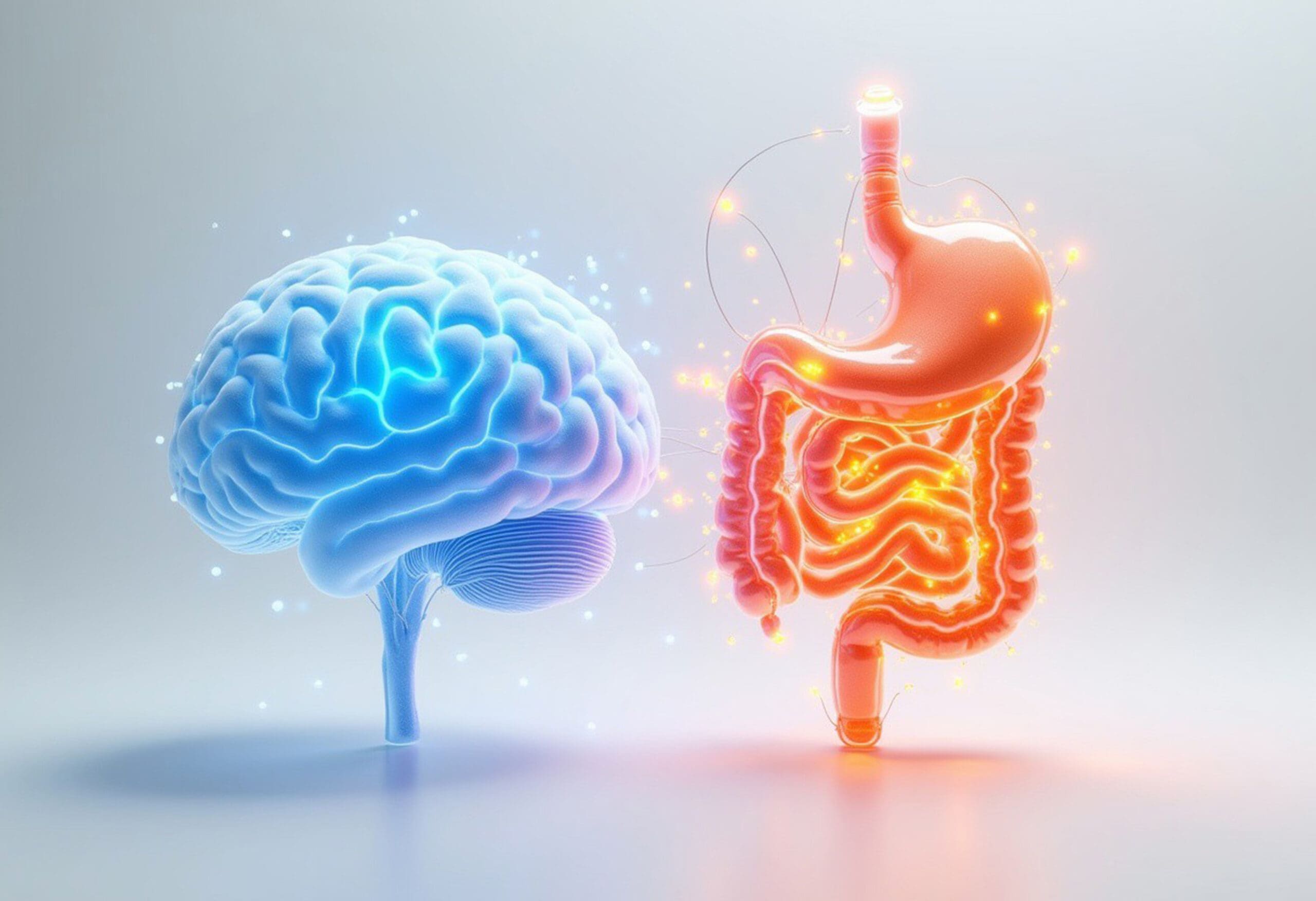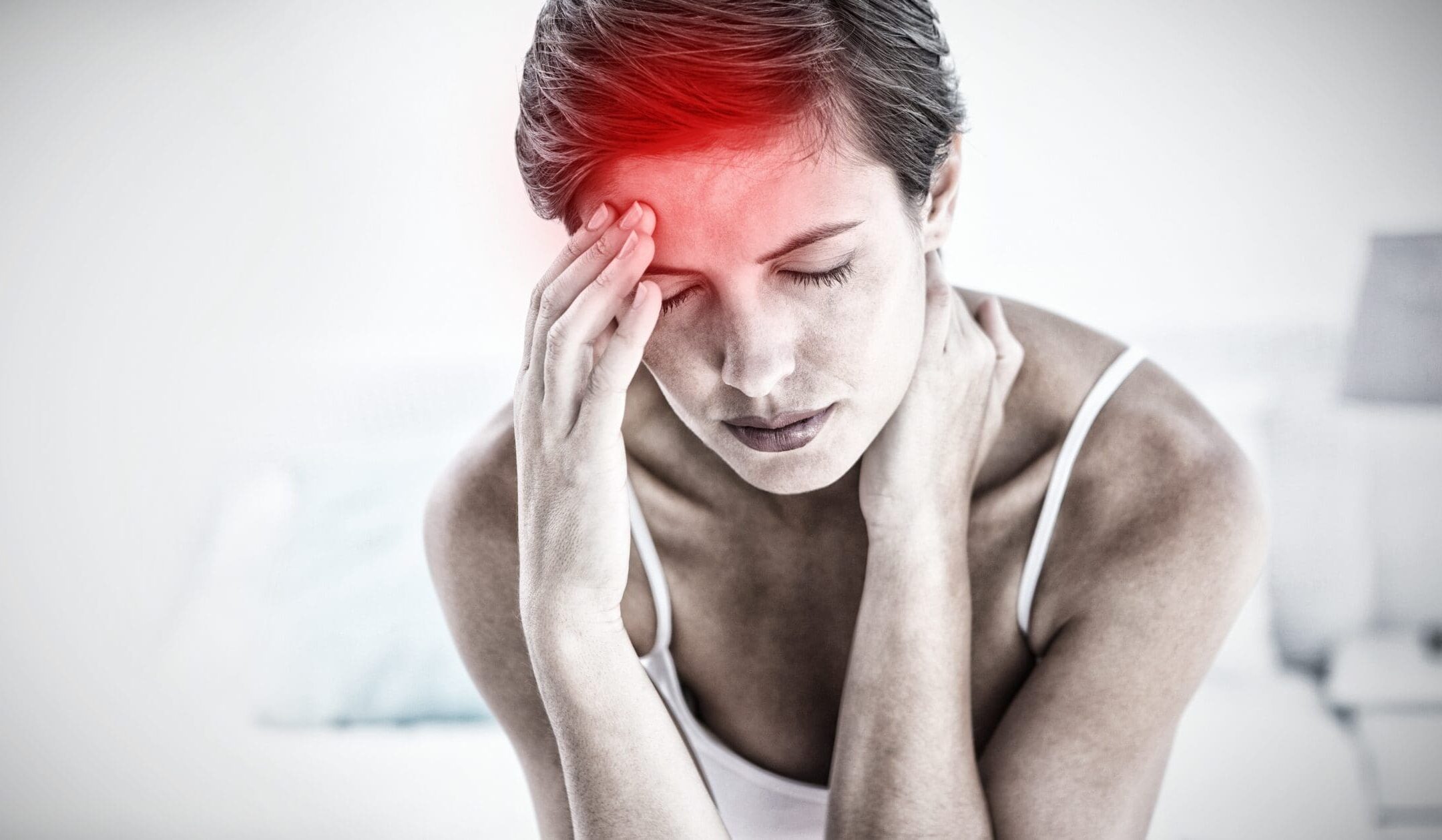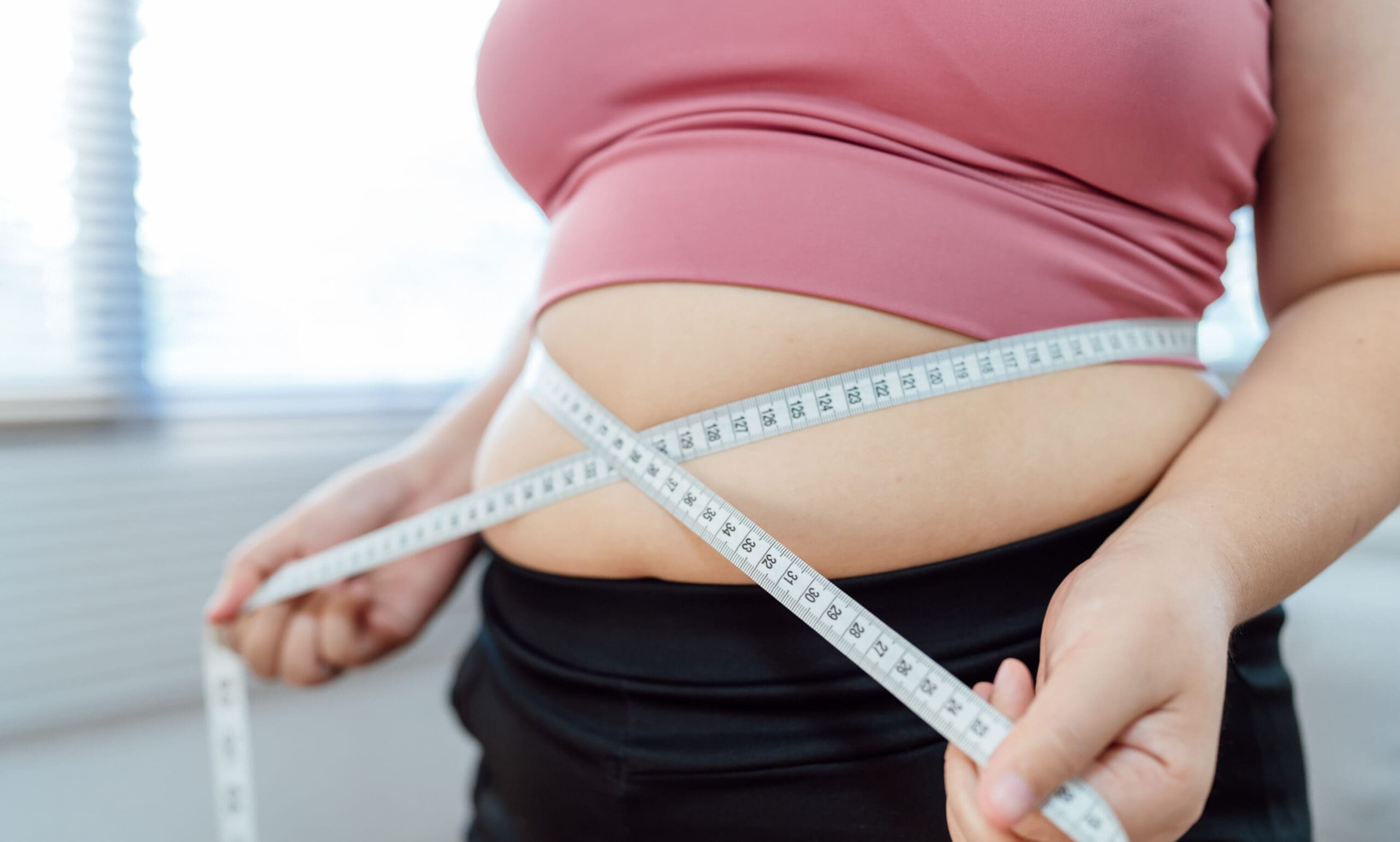Case study: Help for acne rosacea
By naturopath Margaret Jasinska
Sarah was a lovely 37 year old lady who came to me seeking help for acne rosacea. She had been suffering with this skin condition for the past 10 years and nothing had helped significantly.
Acne rosacea is a type of acne that most commonly affects women in their 30s and 40s. It causes redness and pimples primarily on the cheeks, but can also affect the nose, chin and forehead. There is a strong relationship between acne rosacea and digestive problems, and almost all my patients with it also experience some digestive discomfort.
Sarah is a sales rep, and the acne made her feel very self conscious. She spent a lot of time each morning applying makeup to try and cover the blemishes, but she wanted a better solution. Sarah used an antibiotic ointment when her skin got really bad, but she worried about the long term consequences.
I ask all my patients a range of questions, in order to get a better understanding of their overall health. As I suspected, Sarah had digestive problems. When she was a teenager she was diagnosed with irritable bowel syndrome. The main symptoms she experienced were abdominal bloating and gas. Occasionally she got urgent diarrhoea. Her job involves a lot of travel, and she has learned to manage her digestive problems in order to avoid feeling too uncomfortable. The bloating gets worse as the day progresses, so Sarah often hardly eats anything at lunch time, or she skips lunch altogether. It’s just not worth the discomfort of her pants digging into her bloated abdomen, and the cramps she gets from holding gas in.
My recommendations for my patient
Sarah knew I’d ask her to change her diet and she was ready and willing to do this. She’d had enough of her skin and gut problems and was ready to try something different.
- I asked Sarah to eliminate grains and dairy products from her diet. This was in order to calm down the bloating and gas. Grains and dairy products can be very difficult to digest and they can inflame the lining of the intestines. The starch and fermentable fibre in grains can feed all the wrong bugs in the bowel, creating a state of dysbiosis (too many harmful microbes and not enough beneficial microbes in the gut). Sarah was tested for coeliac disease many years ago and doesn’t have it, but it’s still possible for grains to create gut problems for some people.
- I also asked Sarah to avoid onions, garlic, broccoli, cauliflower, apples and pears for now. When I questioned her about her diet, she suspected those foods aggravated the abdominal bloating. This is not surprising because these foods are very high in a type of fermentable fibre called FODMAPS. Many people with irritable bowel syndrome have a hard time digesting these foods and may need a temporary break from them.
- I asked Sarah to base her meals on protein, vegetables and healthy fats. These types of foods would not encourage abdominal bloating, and it meant she could enjoy a healthy lunch at work and not have to go hungry all afternoon. Having some apple cider vinegar diluted in warm water before meals helps to support stomach acid production, improving digestion.
- It was important to reduce levels of bad bugs in Sarah’s gut because in most cases red and inflamed skin is just a reflection of an inflamed digestive tract. I gave her BactoClear capsules which contain berberine and the essential oils of oregano, clove and thyme. This would help to reduce symptoms of medically diagnosed irritable bowel syndrome. Antibiotics are often prescribed for acne rosacea and they are usually effective. This is because bacterial infections are an aggravating factor in the condition. Unfortunately the side effects of antibiotic use are a weakened immune system and disturbed bowel health.
- To support skin healing, I gave Sarah Collagen Food powder. It contains the nutrients required by the body to manufacture collagen.









Leave A Comment